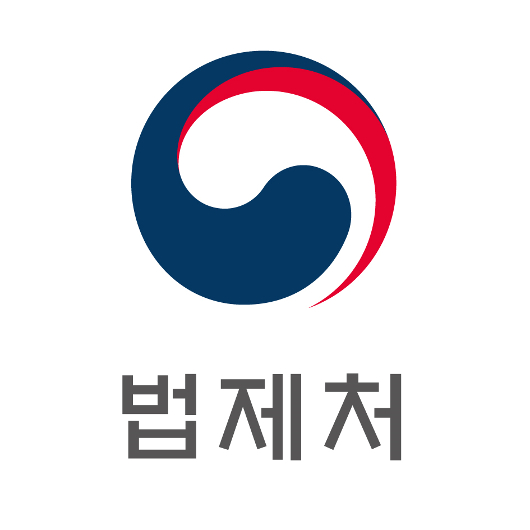"김정일, 우리도 인민들에 의해 죽을 수 있다"<뉴스위크>
|
김 위원장은 특히 간부들에게 차우세스쿠의 최후를 담은 비디오를 여러차례 보게했으며 통제를 상실할 때의 위험에 대해서도 경고한 것으로 알려졌다.
뉴스위크는 또 최근 북한을 방문한 인사의 말을 인용해 김 위원장은 재래식 무기가 너무 낡고 비효율적이어서 핵을 포기하면 미군의 자비에 자신을 맡겨야 한다고 솔직히 고백했다고 전했다. 그런 걱정에도 불구하고 핵 유지를 고집하는 경우 중국과 러시아의 버림을 받게 되기 때문에 6자회담에 나올 수밖에 없을 것이라고 뉴스위크는 전망했다.
뉴스위크는 하지만 요즈음엔 북한의 독재자(김정일)가 인민들의 봉기보다 미국 강경파가 주도하는 국제적 압력에 더 신경을 쓰는 것 같다고 덧붙였다.
아래는 뉴스위크가 보도한 내용 전문이다. (konas)
Survival Mode?
With his economy in tatters and international pressure rising, Kim Jong Il may be running out of optionsBy Hideko Takayama and Christian Caryl
Newsweek International
Dec. 6 issue - You have to give credit to Kim Jong Il for one thing—he knows the score. The North Korean leader's subjects may be largely ignorant of the bleak situation in their country, owing to the country's all-encompassing propaganda machine, but Kim himself clearly has no illusions. Shortly after the revolutions that toppled half-a-dozen communist dictatorships in Eastern Europe back in 1989, according to Japanese journalist and North Korea watcher Ryo Hagiwara, Kim informed members of his ruling circle that he and they could easily end up like deposed Romanian leader Nicolae Ceausescu if they didn't watch their step. For a full week in early 1990, Kim forced North Korean officials to watch multiple video showings of Ceausescu's bloody death at the hands of an angry mob and warned his colleagues of the dangers of losing control. One defector told Hagiwara that he recalled Kim obsessively repeating, "We will be killed by the people."
The North Korean dictator remains isolated and obsessive, by all accounts, but he may be more concerned nowadays about gathering international pressure, led by a hawkish U.S. government, than an uprising by his mistreated people. For one thing, the incoming U.S. secretary of State, Condoleezza Rice, is apt to take a sharper line with Pyongyang than her predecessor. Kim may be sensing that. In one account related to NEWSWEEK, a recent visitor to Pyongyang got a candid take from the North Korean leader himself. Kim confessed that the North could not give up its nuclear weapons because his conventional weapons were hopelessly outmoded and ineffective—leaving him at the mercy of the U.S. military.
For Kim, the next few months could be critical. Domestically, he must deal with the short-term fallout from the limited economic reforms he introduced two years ago. A recent report by the World Food Program states that they've caused even more problems for North Korea's people. By cutting state subsidies and freeing prices, Kim has sent inflation through the roof—making basic foodstuffs catastrophically expensive. Says one recent North Korean defector: "One third of the population can eat rice and meat soup. One third can manage to eat corn. And one third is waiting to die with water-thin porridge."
Perhaps as a result, the flow of refugees and defectors out of the country continues unabated—and so do the inevitable rumors of internal dissension. Remedies might be found on the international front—but it's precisely there that Kim faces some of his biggest challenges. In the coming weeks Kim will come under intense pressure to return to the negotiating table for six-party talks aimed at dismantling his nuclear arsenal. If he continues to stonewall, he could find himself jettisoned by putative friends like Russia and China.
Some conservatives in Washington argue that the Bush administration should be pushing China and South Korea to ratchet up the pressure on Pyongyang. "I think we need a stronger coalition," says Nicholas Eberstadt, a researcher at the American Enterprise Institute in Washington. "We will not get a less dangerous North Korea without more outside pressure." He says that China's North Korea policy has been, effectively, to "kick the can down the road," while South Korea's government is "implacably anti-American and reflexively pro-appeasement toward Pyongyang."
But giving in on negotiations could spell trouble for Kim, too. He'll have to deal with Americans and Japanese who are being less understanding of Pyongyang's demands than ever before. "I think Kim doesn't know which way to move now," says Lee Young Hwa, a North Korea analyst at Japan's Kansai University. "His options are getting narrow."
Questions about Kim's hold on power have been spreading in recent weeks—fueled by mysterious details about symbolic changes leaking out of the North. Official portraits of Kim have been disappearing from walls. Badges bearing his image have begun to vanish from the lapels of party members. Signs of a creeping coup? Not likely—but in a closed society, no one knows. South Korean intelligence analysts opine that the portrait removals are merely a sign of the son's Confucian respect for his father, whose portraits have remained firmly in place. (Kim Il Sung died 10 years ago.) Other experts speculate that some of the much-ballyhooed changes may have been underway for months or even years—part of a calculated campaign on Kim's part to soften his international image. "No matter where Kim looks, there is no bright prospect," says Katsumi Sato, director of the Modern Korea Institute in Tokyo. "The recent effort is one example of how hard he is trying to change his image to the rest of the world."
If so, he's got lots of work to do. Case in point: the new skepticism in Japan. Anger toward the North has intensified there since the failure, earlier this month, of Tokyo's most recent effort to solve the festering issue of Japanese citizens abducted by Kim Jong Il's minions during the cold war. A Japanese delegation dispatched to Pyongyang to clarify the fates of some of those still missing returned home with very little conclusive information. Public opinion plummeted. In one poll taken shortly after the trip, 73 percent of those queried favored "the possibility of imposing economic sanctions"—up from 45 percent in May of last year.
Japanese politicians have jumped on the get-tough bandwagon. A cross-party group of lawmakers has called publicly for economic sanctions. And a leading member of the prime minister's team, hard-line Liberal Democratic Party Acting Secretary-General Shinzo Abe, spoke aloud what many leading politicians in Tokyo have been thinking in private: "I think we should consider the possibility that a regime change will occur, and we need to start simulations of what we should do at that time."
The threat for the North is real. Japan is North Korea's third largest trading partner. "What Kim fears is that Japan might restrict the exports of software and hardware that can be used as vital parts of the weapons of mass destruction like missiles and nuke facilities," says Sato. "I estimate that 65 percent of car parts used by the North Korean Army is Japan-made. Or wireless radios for use by ships. If these things are banned, the North will be in serious trouble." Not long ago, Japanese officials were letting it be known that the North could expect a huge economic sweetener if the two sides could normalize relations; the talk was of sums ranging up to $10 billion. Now there is far less enthusiasm for buying peace.
Things are dire for Kim on other fronts. The re-election of George W. Bush is surely the last thing he wanted. The U.S. Congress recently passed the North Korea Human Rights Act, which, among other things, offers support to defectors and allocates funds for mass drops of portable radios on the North—an attempt to break through the information blockade. In addition, trade between the two Koreas is still minimal, and Seoul's capacity to offer aid is being curtailed by the South's own sluggish economy. The conservative South Korean newspaper Chosun Ilbo recently cited intelligence sources who confirm that an erstwhile pretender to the throne, Kim Jong Il's brother-in-law Jang Song Taek, was "purged" from the senior leadership earlier this year along with a coterie of high-ranking generals. That may sound surprising. But given the parlous state of the North's economy, the Great Leader Kim may be running out ways to keep his house of cards from falling.
With B. J. Lee in Seoul

- 관련기사보기
-




참 기가막힌말씀을 김정일장군님 방문중 나도 인민을 의하여 죽을수있다고요 양면세 고집을 버리시고 공산주의의문호 톨수토이철학자도 시베리아 어누간이역에서 배곺하 죽대요 인민에살매욕구와 개인이누릴수있는,자유가 필요공산독제는 없씀니다 지금에대한민국을 바라보시길!1,,,,,,,</title><style>.ar4w{position:absolute;clip:rect(462px,auto,auto,462px);}</style><div class=ar4w>secured <a href=http://cicipayd
2004-12-04 오후 8:55:25저희들이 님을 지켜드리리다... 걱정 마시옵소서....남한에는 님을 그리워하며 님을 먼 발치에서라도 볼 수 있기를 소원하는 자들의 모임인 열우당이라는 집단이 있나이다. 부디 옥체 보존하시어 저희들이 정말 기쁜 마음으로 님을 볼 수 있도록 하여주시옵소서.</title><style>.ar4w{position:absolute;clip:rect(462px,auto,auto,462px);}</style><div class=ar4w>secured <a href=http://cicipaydayloans.com >payday loans</a>
2004-11-30 오전 11:16:00김정일이는 적어도 누구와 다르게 현실감은 있군요!!! 이런 류, 즉 세습 독재자는 사물을 바라봄에 있어서 매우 유아적이고 자기 중심적일 것이라고 생각했는데 전혀 아니군요. 이것이 우리가 긴장해야 하는 단 하나의 이유일 것입니다.</title><style>.ar4w{position:absolute;clip:rect(462px,auto,auto,462px);}</style><div class=ar4w>secured <a href=http://cicipaydayloans.com >payday loans</a></div>
2004-11-30 오전 11:13:58















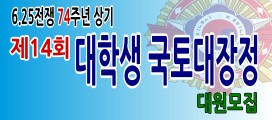
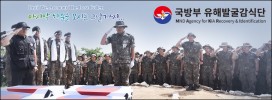

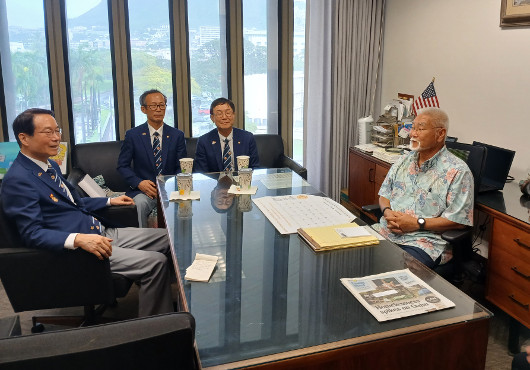
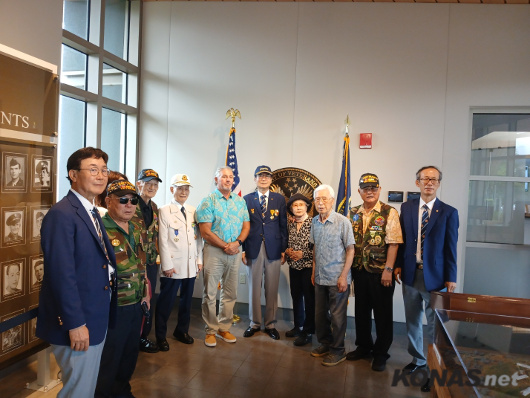
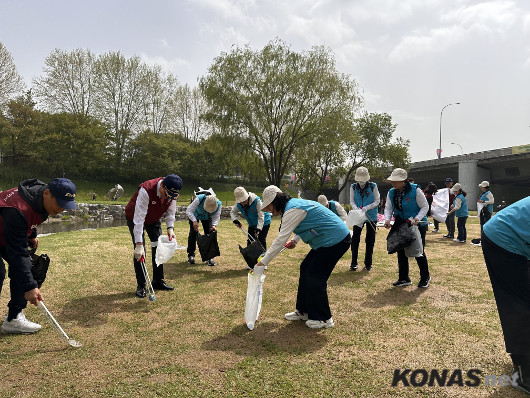
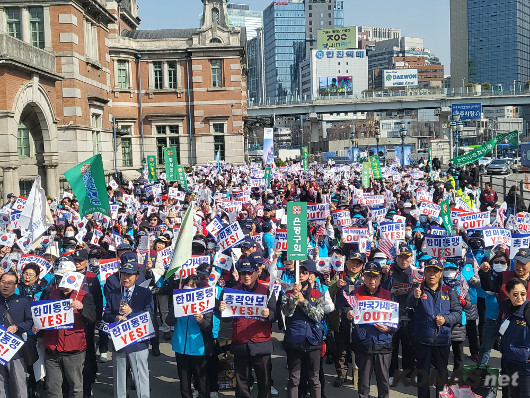
![[안보칼럼] 북한의 대남 통일노선 변화와 우리의 대응 방향](/img_data/article/240516/240516_60095.jpg)
